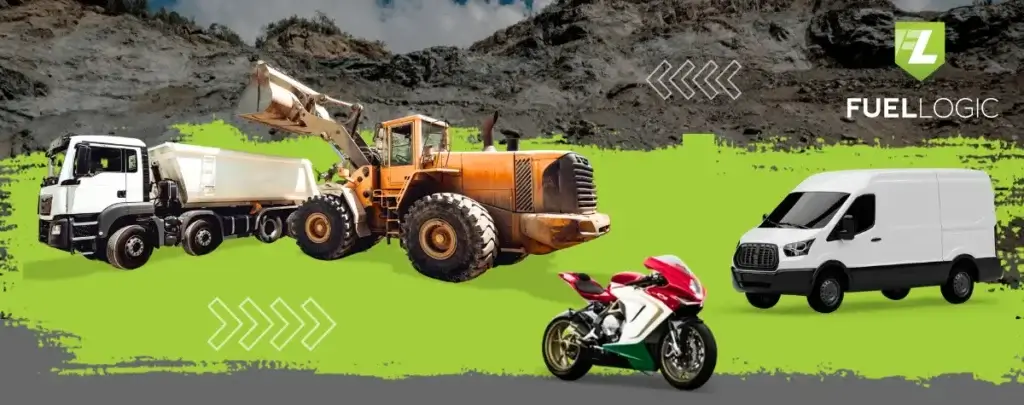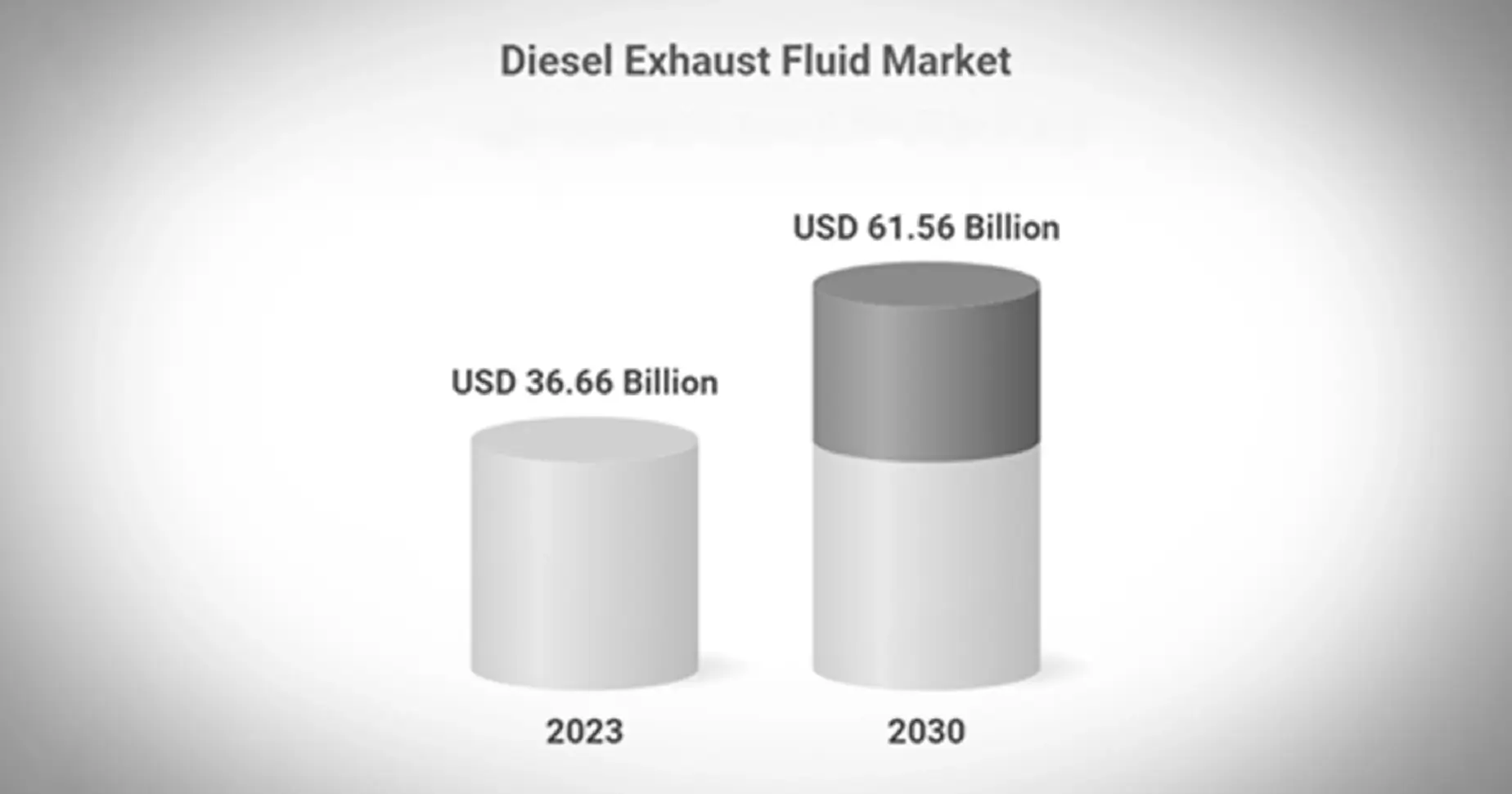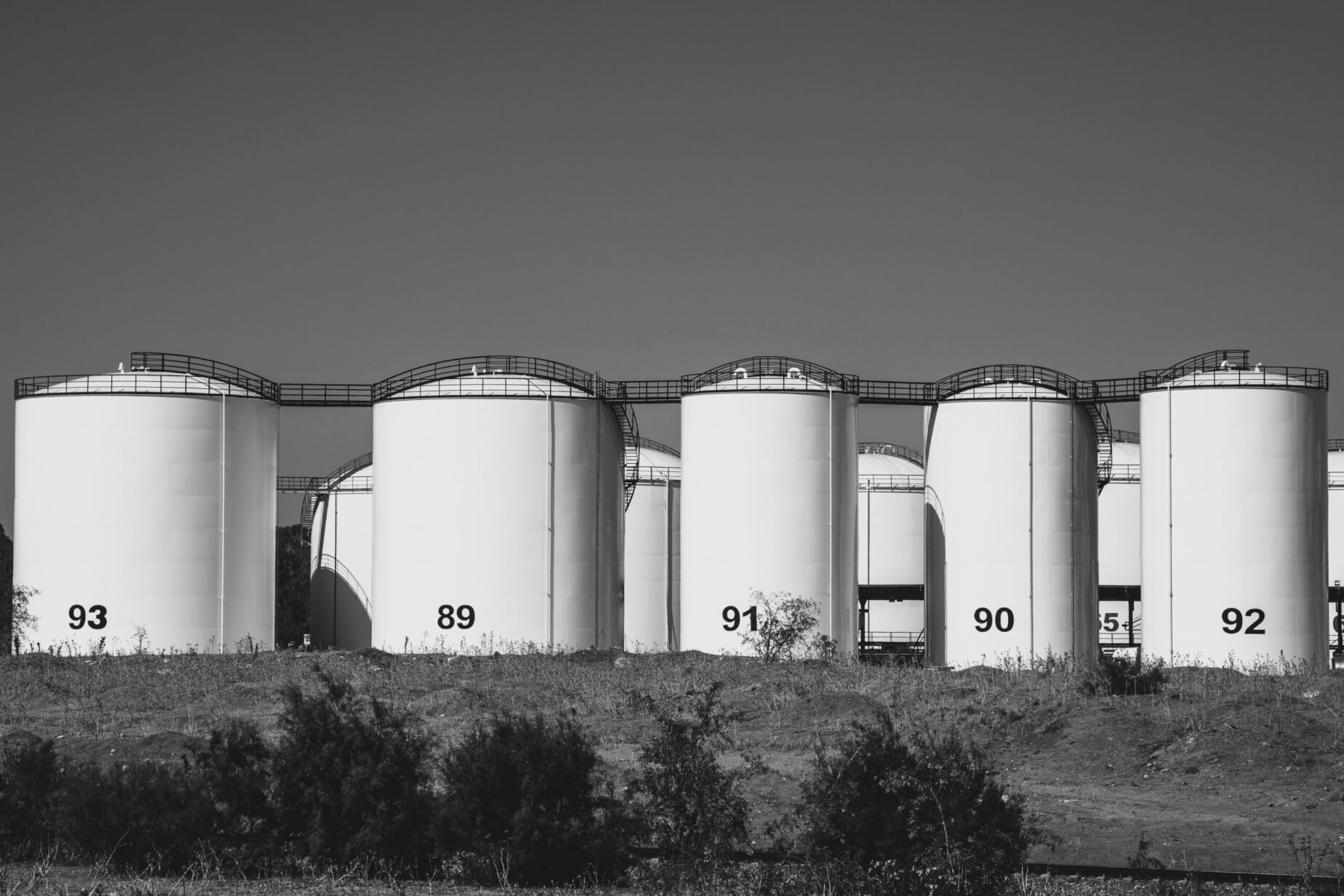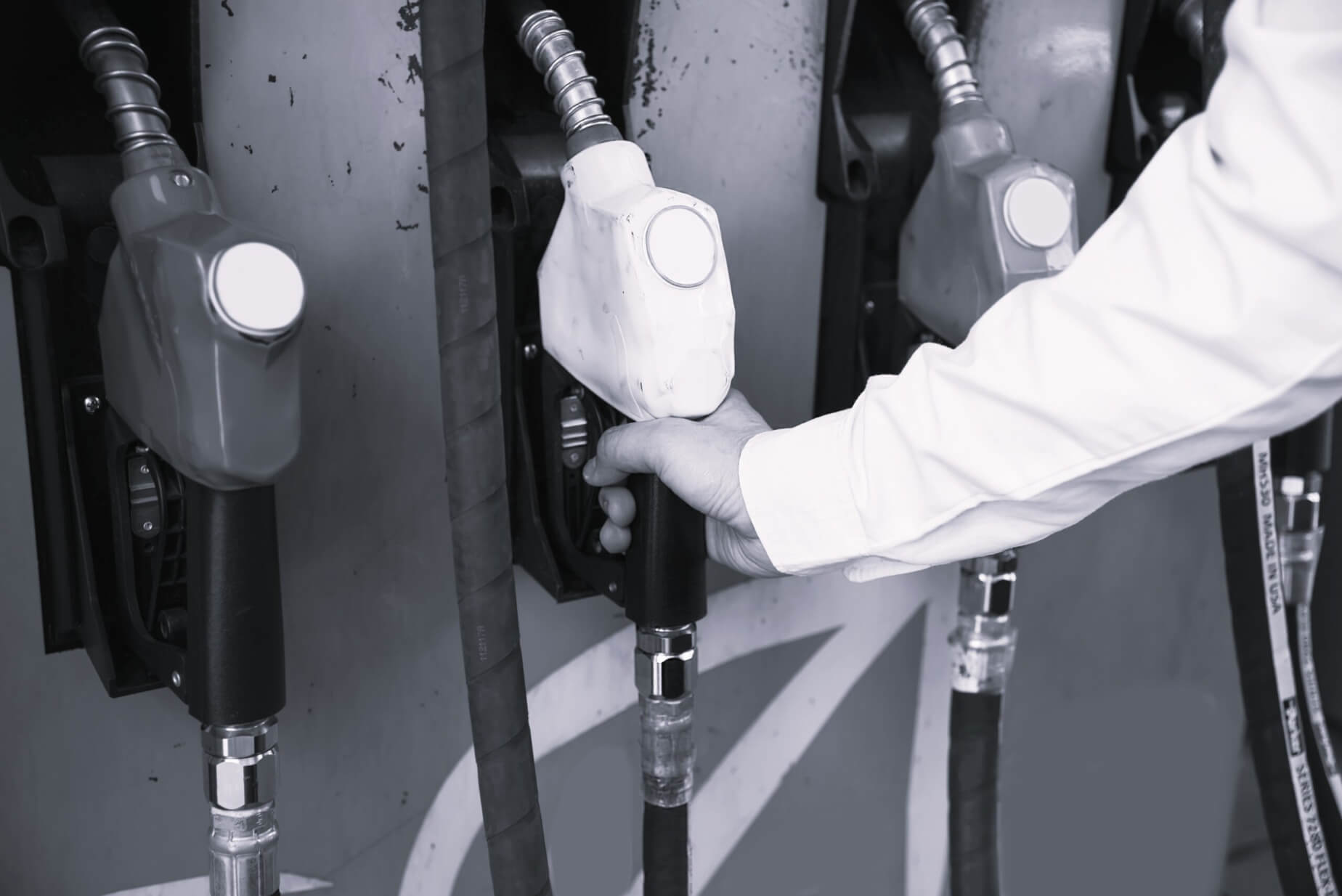
Should I buy a diesel or gas truck? It is a common question that might bother you and everyone out there looking to expand their fleet business or seeking a vehicle as an addition to their business assets. But the reality is that there’s no one-size-fits-all answer. It depends on what you need from your vehicle.
Diesel trucks offer more torque and towing capacity, making them suitable for heavy-duty tasks, long-distance driving, and heavy workloads. On the other hand, gas trucks are usually cheaper upfront and have lower maintenance costs compared to diesel-powered options.
Choosing between diesel vs gas trucks can be challenging as it may raise several questions, such as which option is more suitable in the long run.
So, if you, too, are perplexed and unable to control your racing thoughts about which vehicle to choose from diesel versus gas trucks, this guide is for you. We will take you through both vehicles’ core specifics and differences so you can easily decide.
Let’s dive deeper into the details.
Understanding Gas and Diesel Engines
Gasoline and diesel engines are internal combustion engines. They’re built to convert the chemical energy stored in fuel into mechanical energy through controlled explosions. Both gasoline and diesel engines share similarities in their primary functionalities. However, the difference lies in how these explosions happen between gas vs diesel engines.
Gasoline engines mix fuel with air, compress the mixture with pistons, and ignite it with a spark plug. On the other hand, diesel engines compress air first, which heats it up and then inject fuel directly into the hot air to ignite it without spark plugs. So, while gasoline engines rely on sparks to ignite fuel, diesel engines use high compression to ignite fuel without sparks.
Diesel and gas engines differ in terms of uses as well. Diesel engines are popular in trucks, buses, trains, ships, and heavy machinery because they are efficient, powerful, and durable. On the flip side, gasoline engines are commonly used in cars, motorcycles, lawnmowers, and small machinery.
Diesel Trucks Pros and Cons
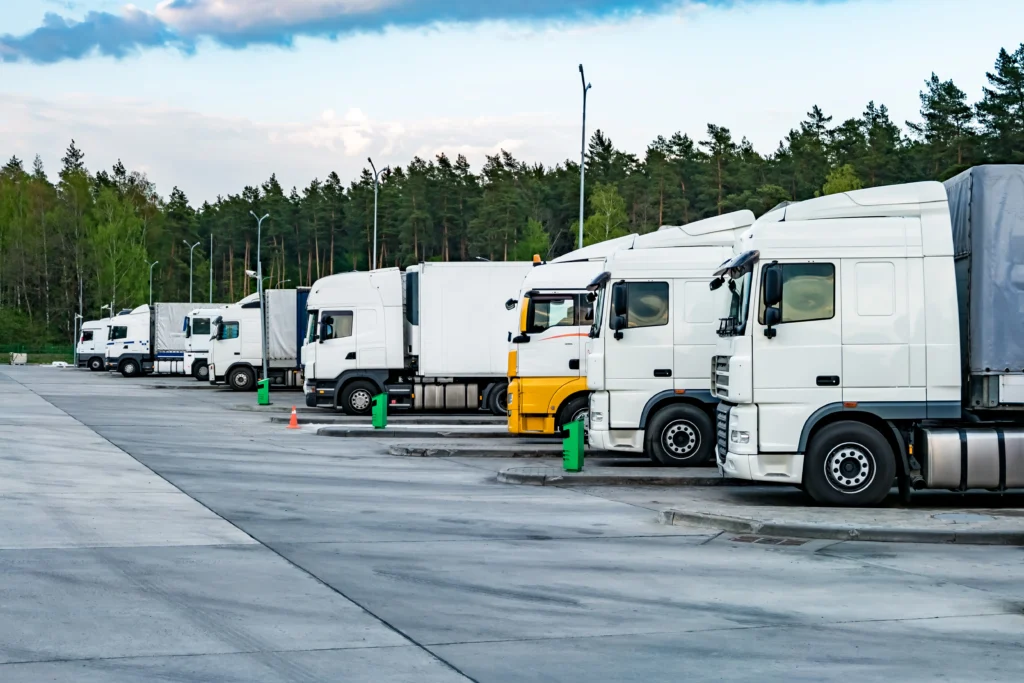
Diesel trucks are known for their durability and reliability. They excel in tasks like towing heavy loads over long distances. However, compared to gasoline engines, diesel engines have their drawbacks. Here are a few pros and cons of trucks:
Pros:
- Diesel engines are more fuel-efficient than gasoline engines due to greater thermal efficiency.
- Diesel trucks offer more torque than gas-powered trucks due to their higher energy density.
- Diesel trucks have diverse applications, from powering generators to heavy-duty vehicles.
- Diesel engines last longer than gasoline engines due to simpler construction and stronger engine blocks.
Cons:
- Diesel trucks have higher initial purchase expenses than gasoline trucks.
- Diesel trucks are noisier than petrol engines.
- Diesel engines have higher maintenance costs than gasoline trucks due to expensive and hard-to-find parts.
Gas Trucks Pros and Cons
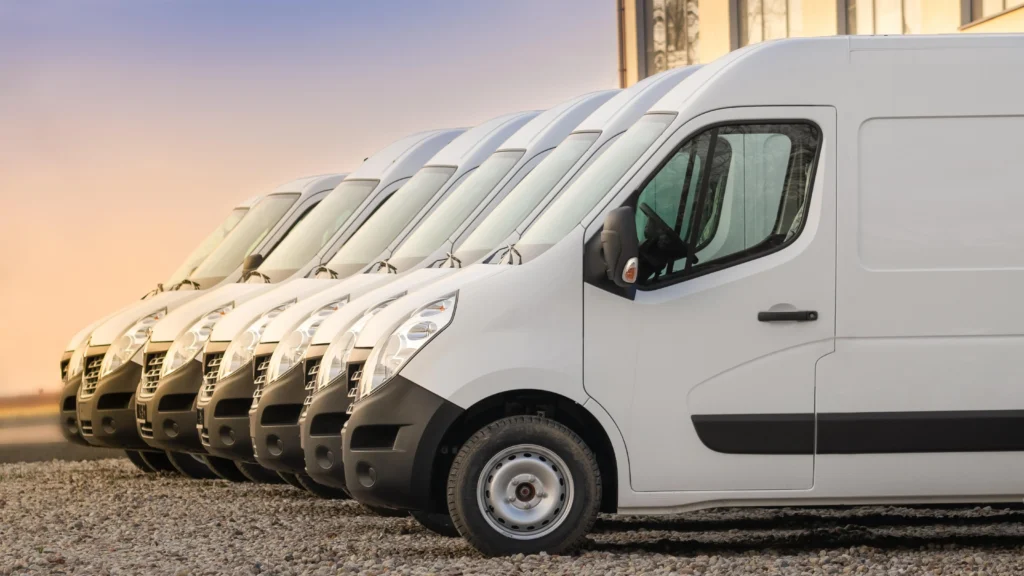
Gasoline engines offer high horsepower and quick start-up times, and they are generally cheaper and more convenient to maintain. However, gasoline trucks can have drawbacks such as inefficiency and depreciation. Some pros and cons of gas trucks include the following:
Pros:
- Gasoline trucks have lighter engine weight and greater payload capacity.
- They are more efficient for light loads and short distances than diesel engines.
- Gasoline fuel is more widely available at fueling stations.
- Gas trucks offer lower emissions as an environmental advantage.
Cons:
- Gasoline trucks have less efficient fuel consumption because of lower thermal efficiency.
- They have a lower average resale value due to higher depreciation rates.
- Gas trucks offer reduced towing power because they produce less torque than diesel engines.
Diesel vs Gas Truck Comparison
Choosing the right engine type for a truck depends on factors like usage, cost considerations, and personal preferences. We’ll compare these two engine types (diesel vs gas truck) based on key aspects such as performance, fuel efficiency, maintenance costs, and environmental impact.
So, let’s understand the primary difference between diesel and gas trucks:
Longevity and Durability:
Regarding longevity and durability, diesel engines outperform gas engines. Diesel engines have simpler designs and stronger engine blocks, allowing them to withstand higher compression. As a result, diesel engines are more reliable and have longer lifespans than gasoline engines.
Towing Capacity:
Diesel trucks produce more torque than gas-powered trucks of similar sizes. Therefore, diesel engines are capable of towing heavier loads more effectively.
Fuel Economy and Mileage:
Although diesel engines may have a higher initial cost than gas engines, they provide better fuel efficiency and mileage. Many drivers prefer diesel vehicles because they reduce the need for frequent refueling, especially on long journeys.
Torque and Horsepower:
When comparing torque and horsepower between diesel vs gas trucks, diesel trucks surpass the gas vehicles. However, gas trucks excel in horsepower and acceleration. They are a better choice if speed and quick acceleration are your main priorities for a truck.
Maintenance and Operating Costs:
Diesel engines are cheaper to maintain because they don’t have spark plugs and have simpler designs. But, this is not always a plus point. They often require heavy-duty and sometimes hard-to-find parts for service appointments and repairs, raising maintenance and operating costs.
Environmental Impact:
Diesel trucks generally produce higher emissions than gas trucks, which can worsen air pollution. However, technology improvements have made diesel engines emit fewer pollutants. Cleaner fuel options like biodiesel and Diesel Exhaust Fluid (DEF) help reduce harmful emissions.
Cost Of Owning A Diesel Truck Vs. A Gas Truck
Several factors affect the total cost of owning a diesel truck vs gas truck.
Purchase Price:
Diesel trucks generally have a higher upfront cost compared to gas trucks. This is because diesel trucks are heavier, have more towing capacity and torque, and use complex emissions reduction technology. These features make them approximately $5,000 to $11,000 more expensive.
Fuel Costs:
While diesel fuel is more efficient than gas, it is usually more expensive. Regular gasoline is 25 to 50 cents cheaper per gallon. Moreover, diesel fuel may not be as readily available as gasoline at gas stations.
Also, check our guide on how to reduce fleet fuel costs.
Maintenance Costs:
Diesel engines require maintenance less often than gasoline-powered vehicles. However, when maintenance is needed, diesel repairs usually cost more. On the contrary, gas trucks may require more frequent repairs, such as replacing spark plugs every 20,000 to 30,000 miles, which leads to additional maintenance expenses.
Resale Value:
Despite the higher initial cost, diesel trucks have a higher resale value than gas trucks. Diesel trucks have a slower depreciation rate and higher demand among buyers. Their value increases over time, so you can get a higher price when selling them.
Should You Choose a Truck with a Diesel or Gas Engine?
It is a common query that might put you in a state of dilemma and push you to think about which vehicle type will best fit you: diesel vs. gas truck.
Given the explanation of the pros and cons of diesel and gas trucks, the decision ultimately lies with you and your specific business needs. Diesel trucks offer greater fuel efficiency, making them suitable for long-distance transportation of heavy items. Conversely, gas trucks are lighter and more efficient for short trips and towing lighter loads.
So, consider your typical usage scenarios, financial considerations, and performance preferences to determine which type of truck best suits your business requirements.
FAQs (Frequently Asked Questions)
Why do diesel trucks last longer than gas?
Diesel trucks last longer than gas trucks because diesel fuel is more energy-dense. This allows diesel engines to produce power at lower RPM, reducing wear and tear on engine components and increasing engine lifespan.
How does the driving experience differ between diesel and gas trucks?
The driving experience of diesel and gas trucks differs mainly due to their fuel characteristics. Diesel fuel, due to its high torque, is best for heavy-duty tasks like towing. Gasoline, being lighter, is preferred for vehicles needing speed and agility.
What should I consider when deciding between a diesel and a gas truck for daily driving?
Factors like horsepower and acceleration must be considered when deciding between a diesel and a gas truck for daily driving. Gas-powered trucks excel at accelerating and passing other vehicles on the road, and many daily drivers prefer them because of their superior speed and agility.
Is it harder to find fueling stations for diesel trucks compared to gas trucks?
Finding fueling stations for diesel trucks may be more challenging than gas trucks. This is because diesel fuel is only available at some gas stations.
How do cold weather conditions affect diesel vs. gas trucks?
In cold weather, diesel fuel can become thick and gel, causing problems for diesel trucks. This gelling can also impact diesel fuel economy in winter. Gas trucks may also experience some cold-related issues but are generally less severe than diesel trucks.
What are the legal and emission requirements for diesel trucks vs. gas trucks?
Diesel trucks usually have stricter emission rules because diesel exhaust can cause air pollution and health issues. These rules may include tests to check emissions, using special filters to control pollution, and following limits on sulfur in diesel fuel. Gas trucks also have to meet emission standards, but they’re generally not as strict as those for diesel trucks.
Choose the Right Truck and Keep It Fueled with Fuel Logic

Both diesel and gas trucks have their perks. A diesel truck might be your best bet if you value power, torque, and long-term savings. Diesel trucks are pricier to buy and maintain compared to gasoline trucks. However, they offer better fuel economy and retain higher resale value.
On the other hand, if you prioritize acceleration, lower initial costs, and a quieter ride, a gas truck could be more suitable. Ultimately, the choice depends on your specific needs and preferences.
Whether you prefer diesel or gasoline trucks, ensuring a steady supply is crucial for smooth business operations. At Fuel Logic, we understand the importance of uninterrupted fuel supply. That’s why we directly offer quality diesel and gasoline delivery services to your business site.
Don’t let fuel availability concerns slow you down. Partner with us to order fuel and keep your businesses running smoothly. Contact us today to learn more about how we can support your fueling needs and keep your business on track.

